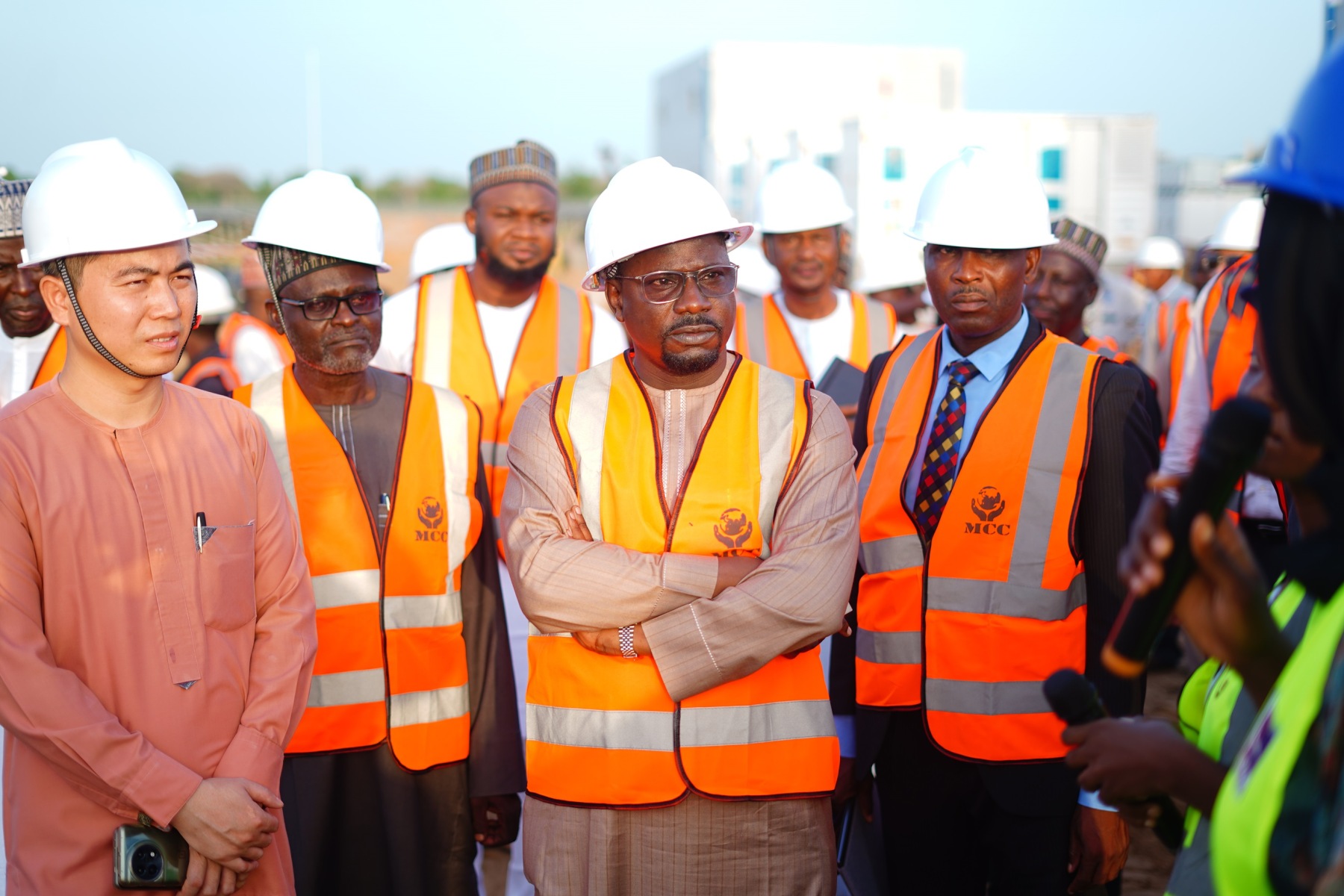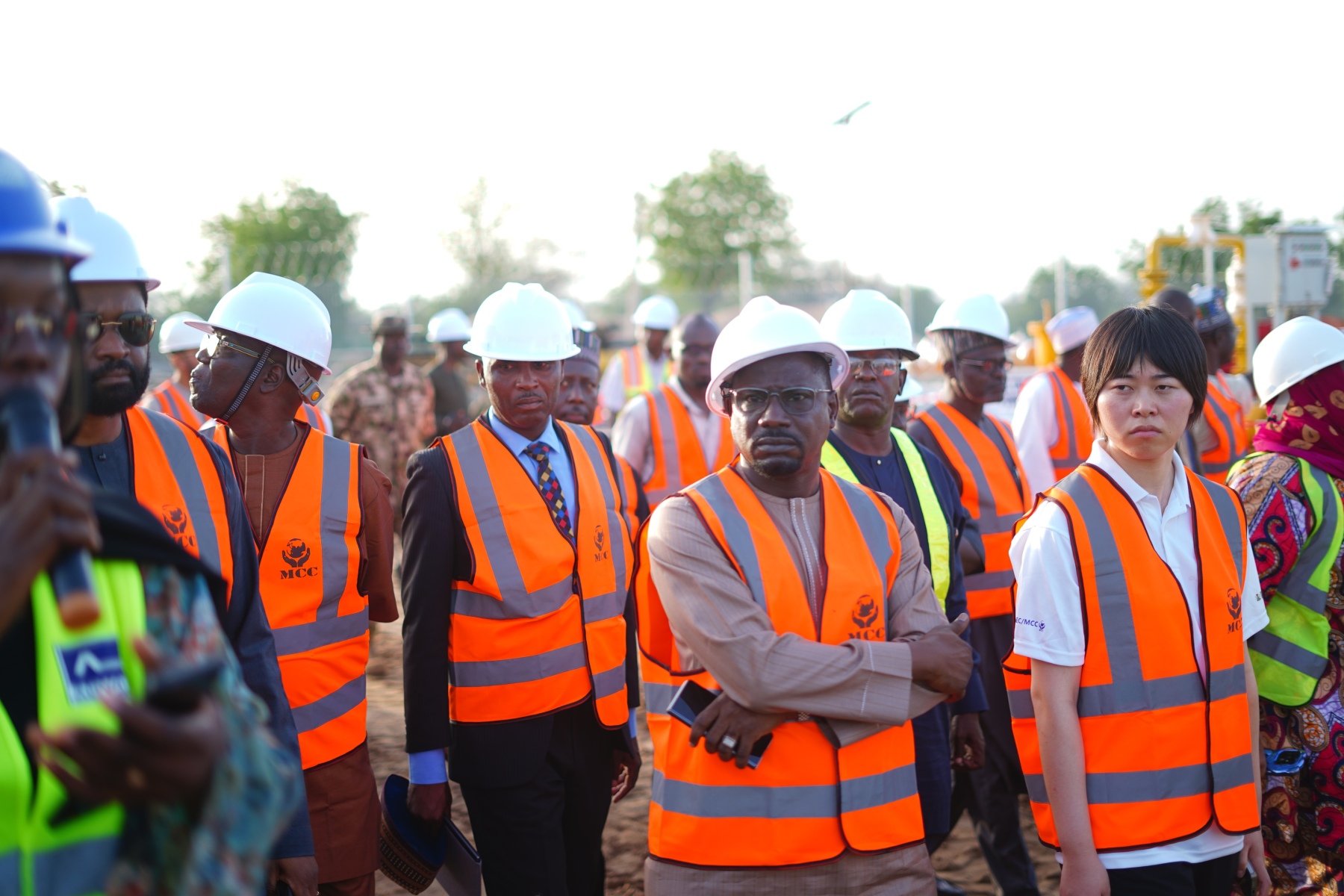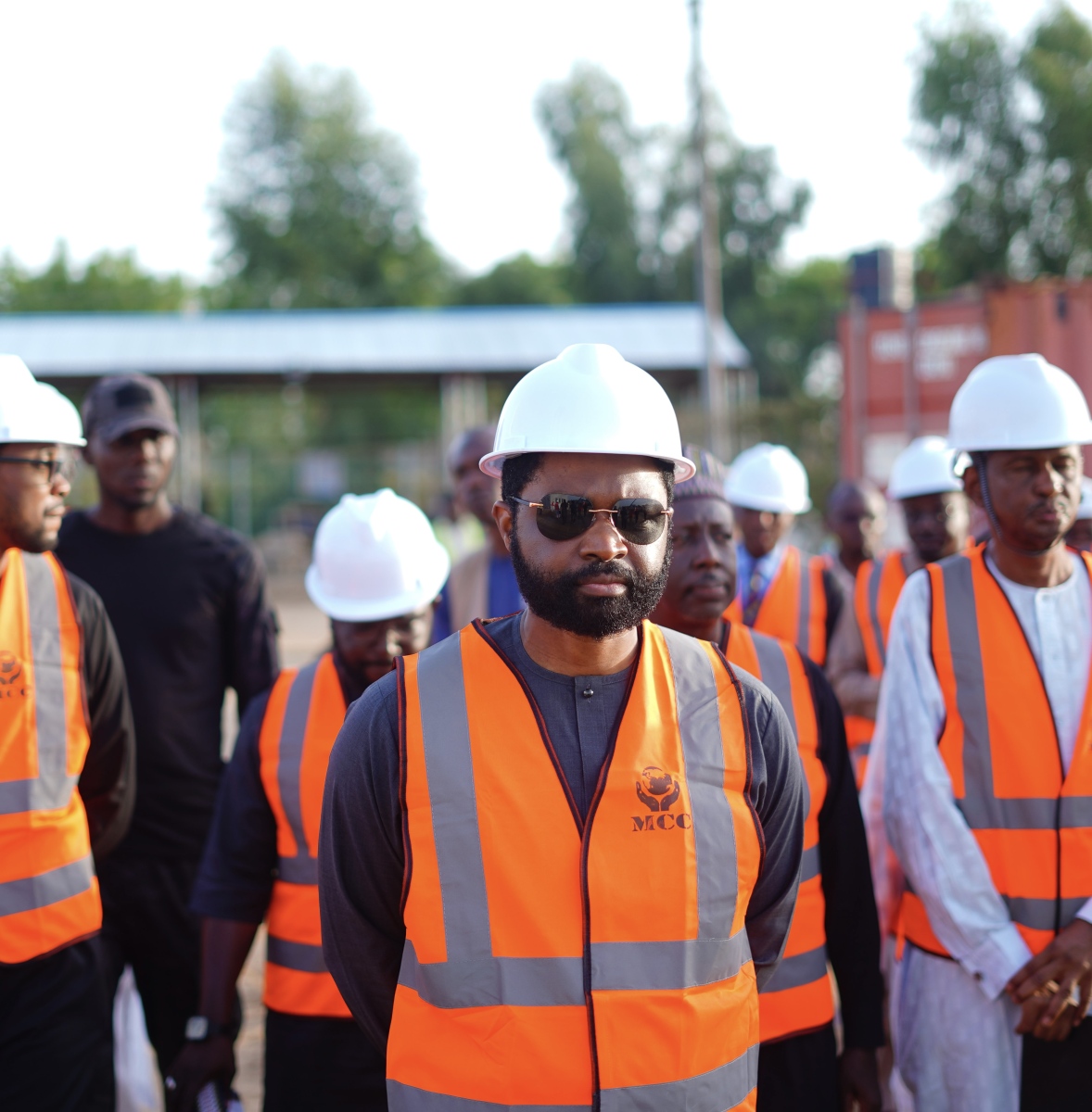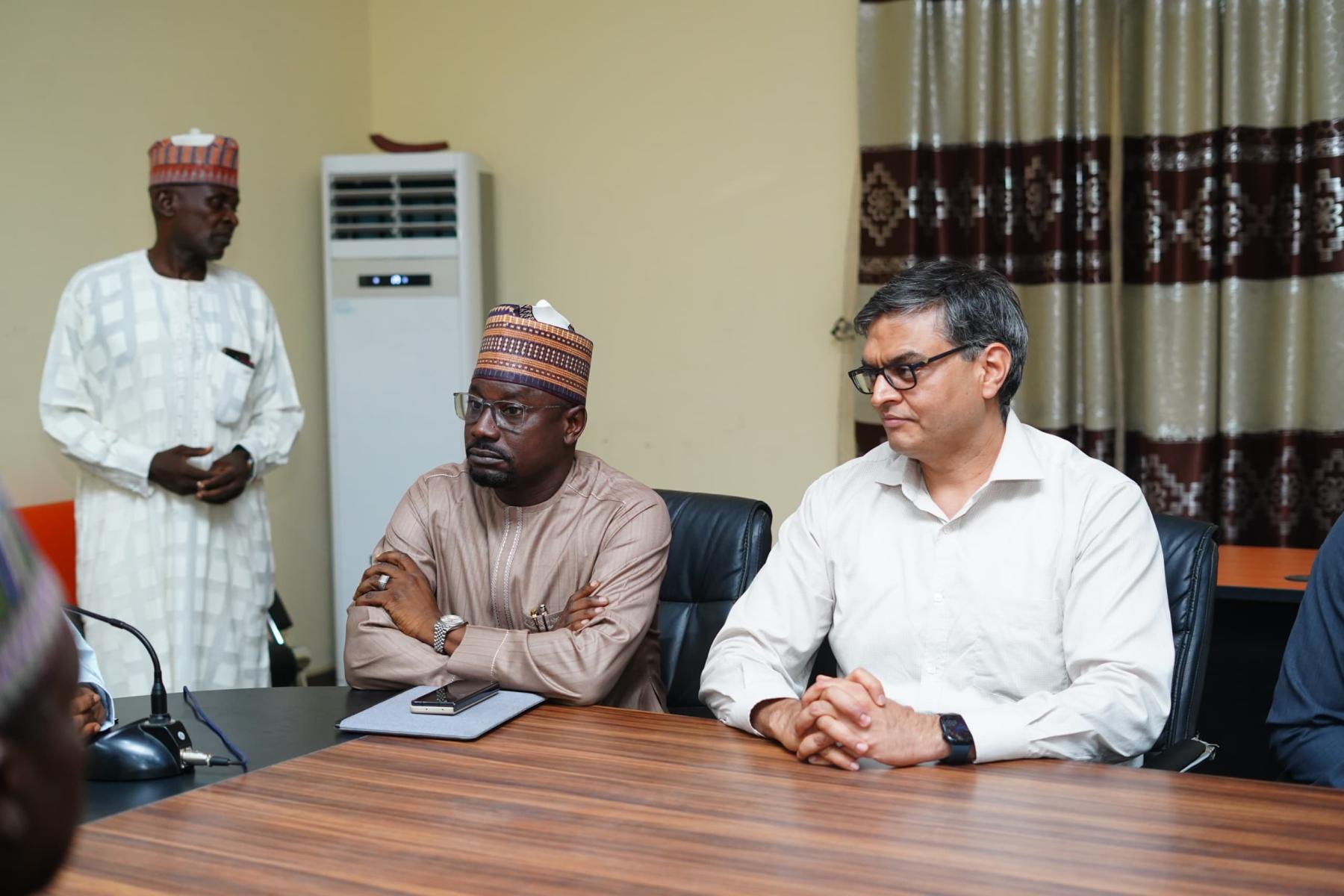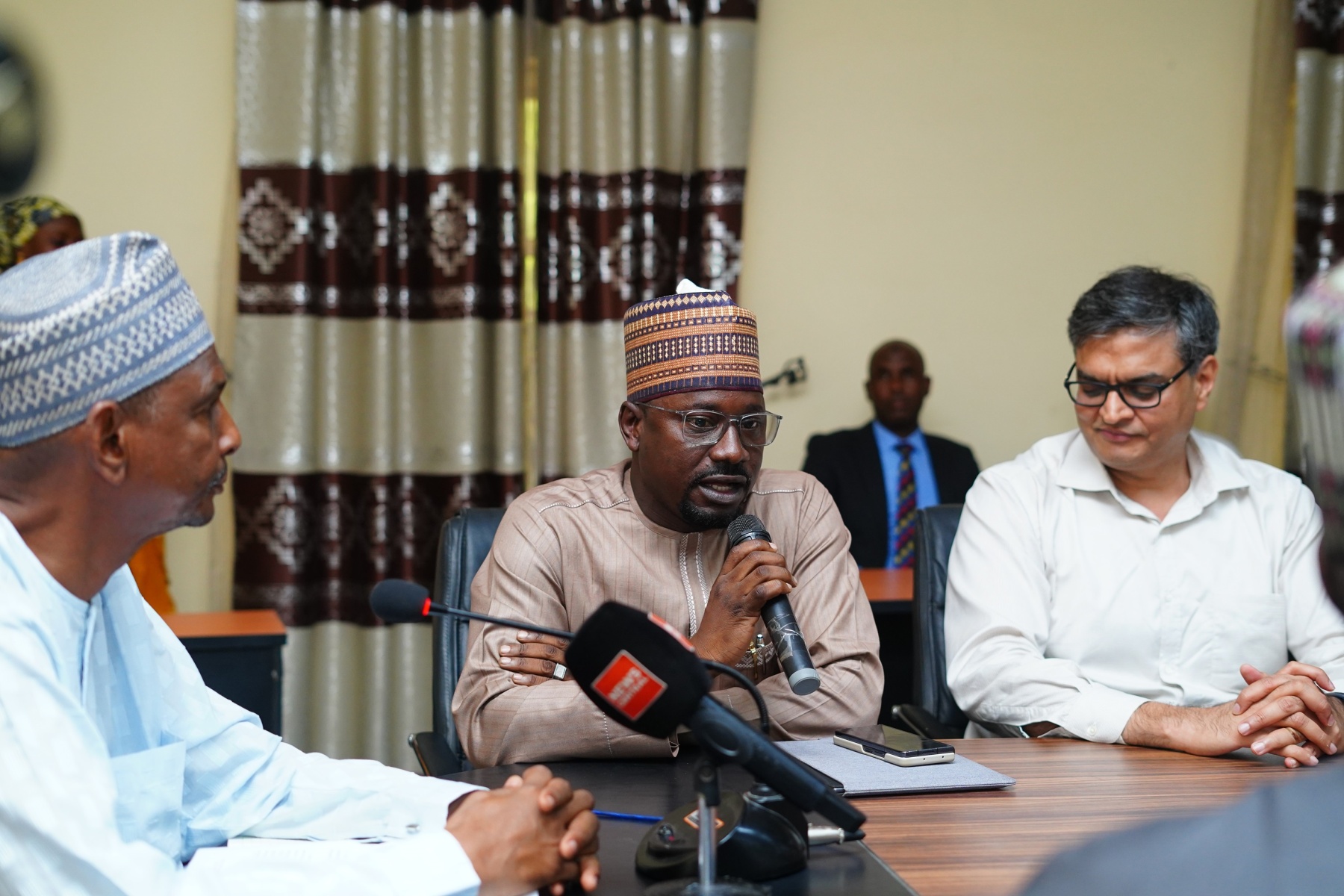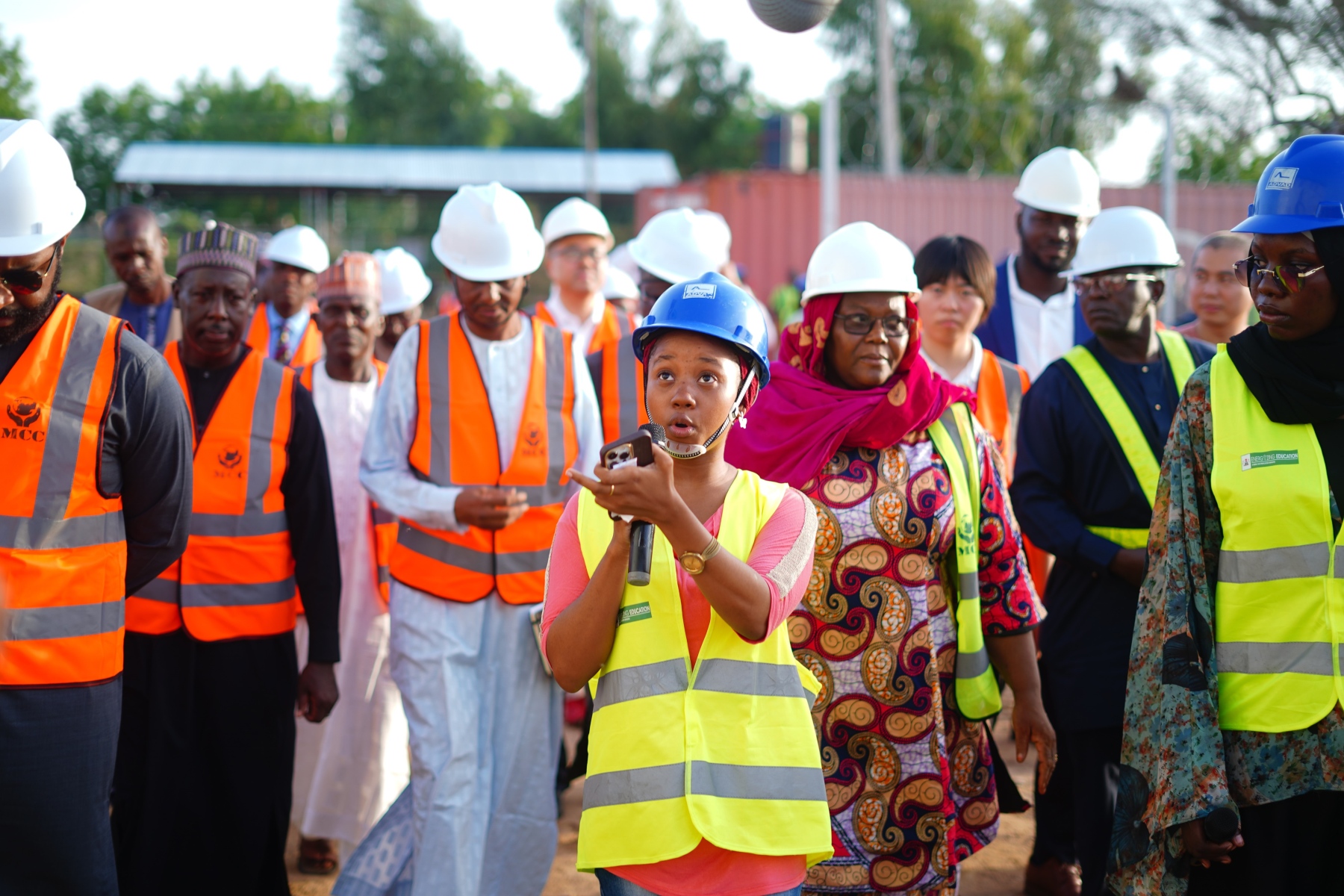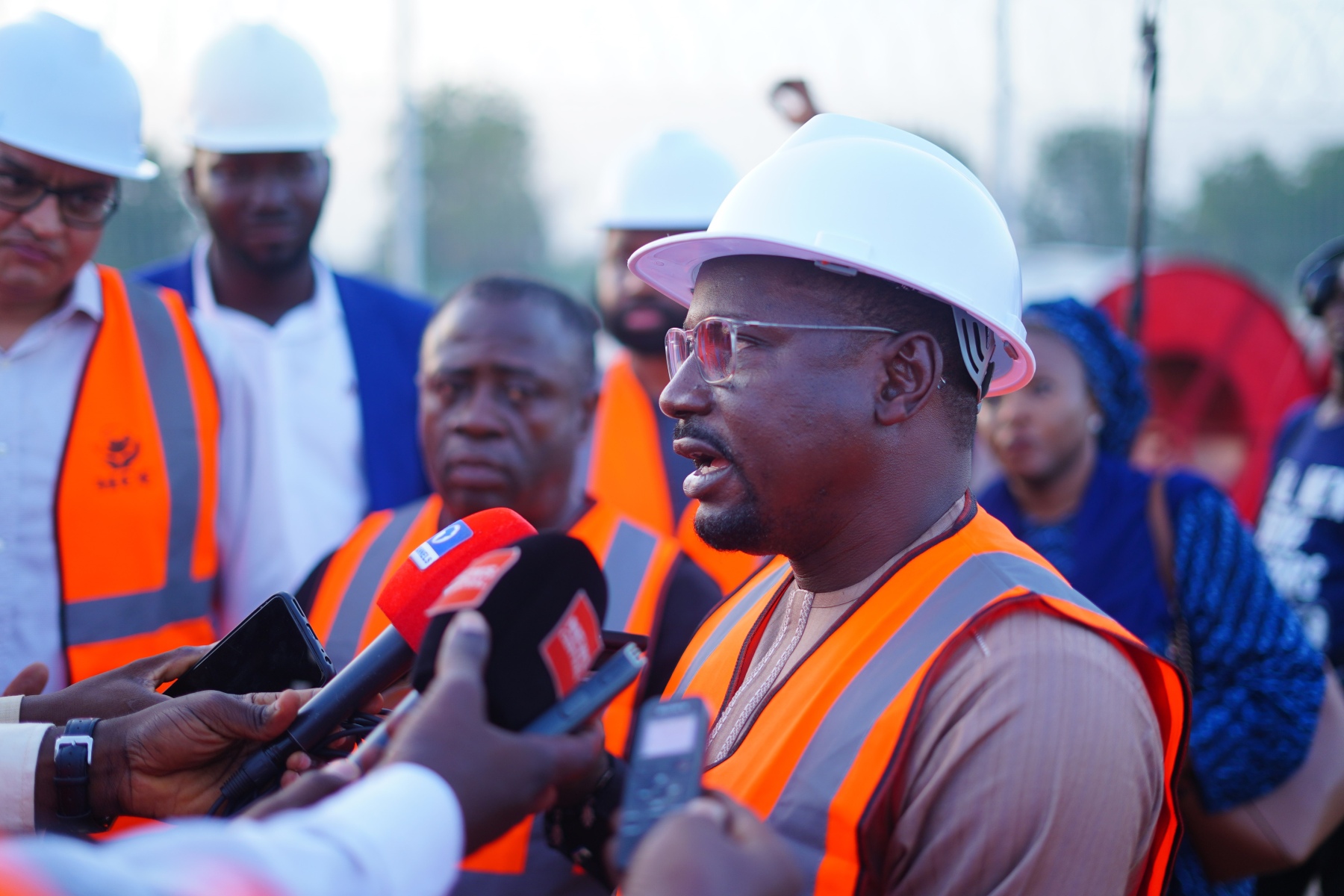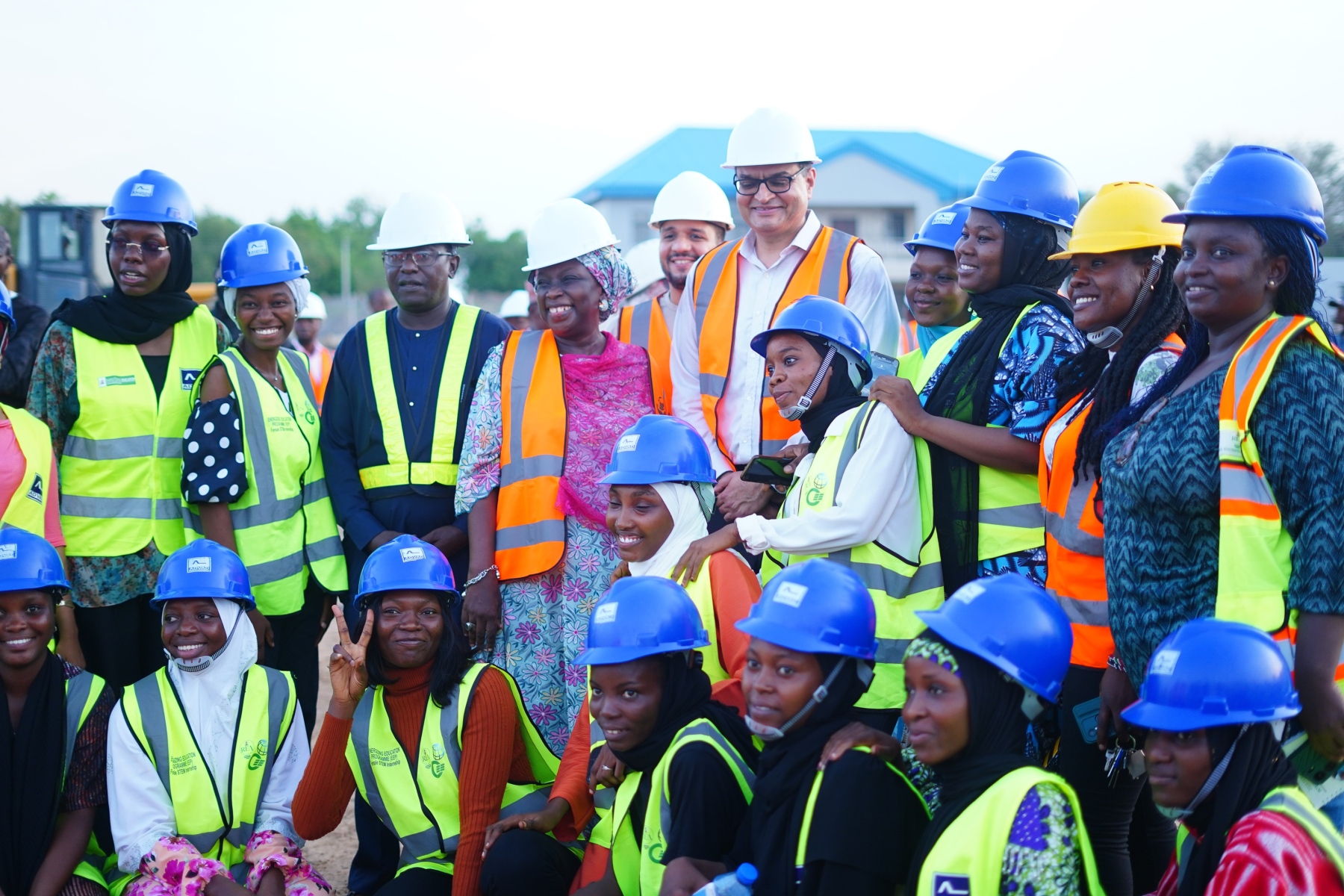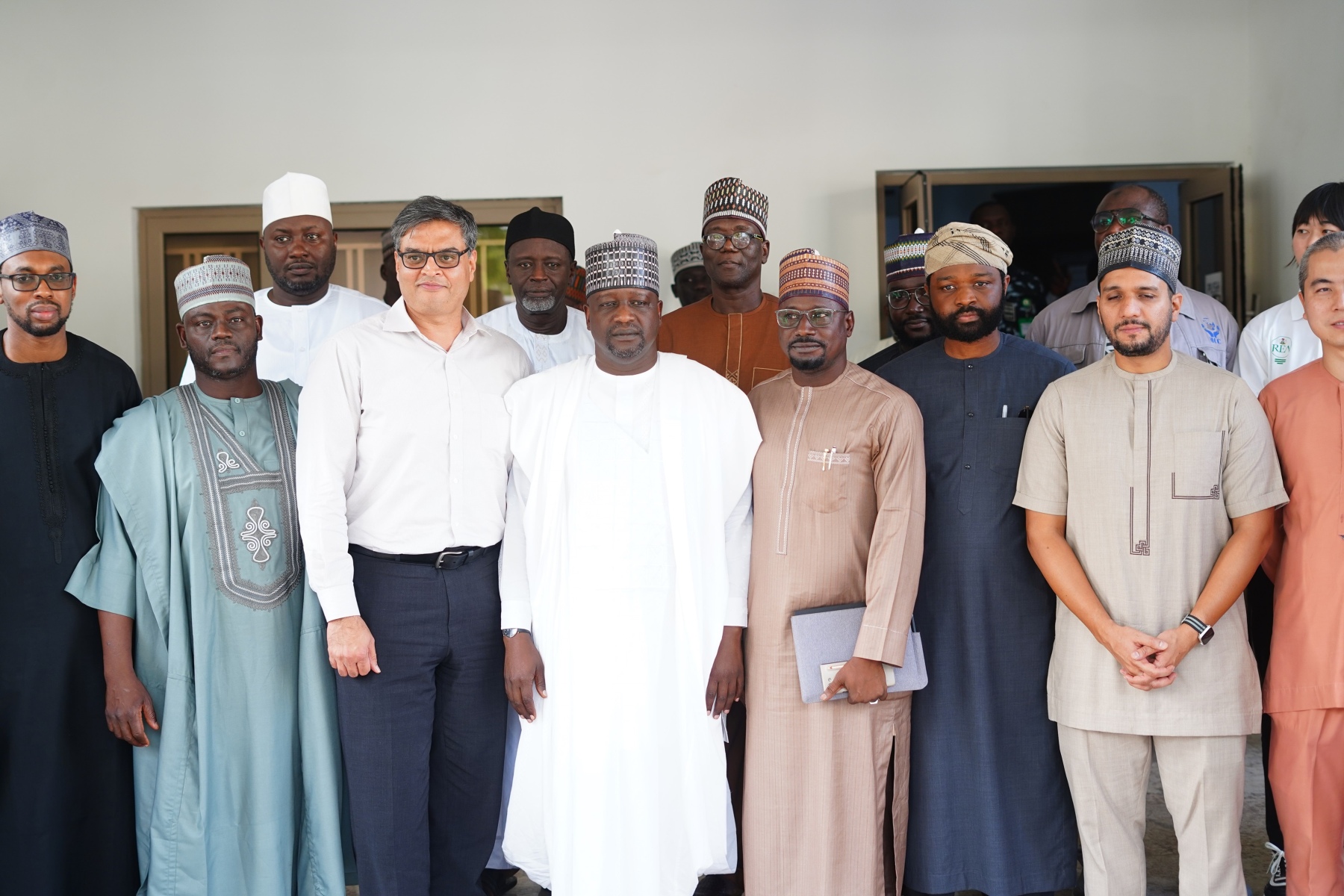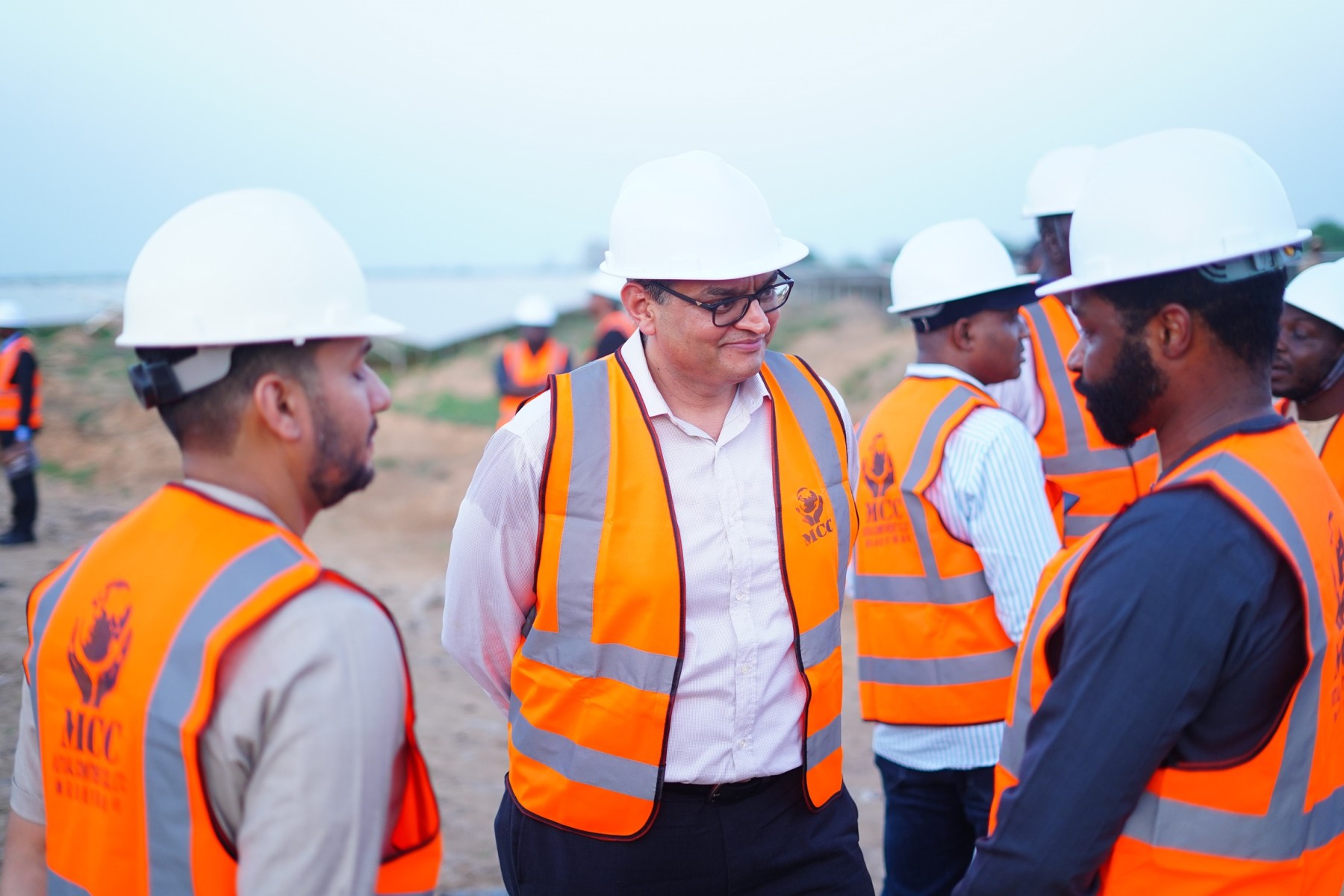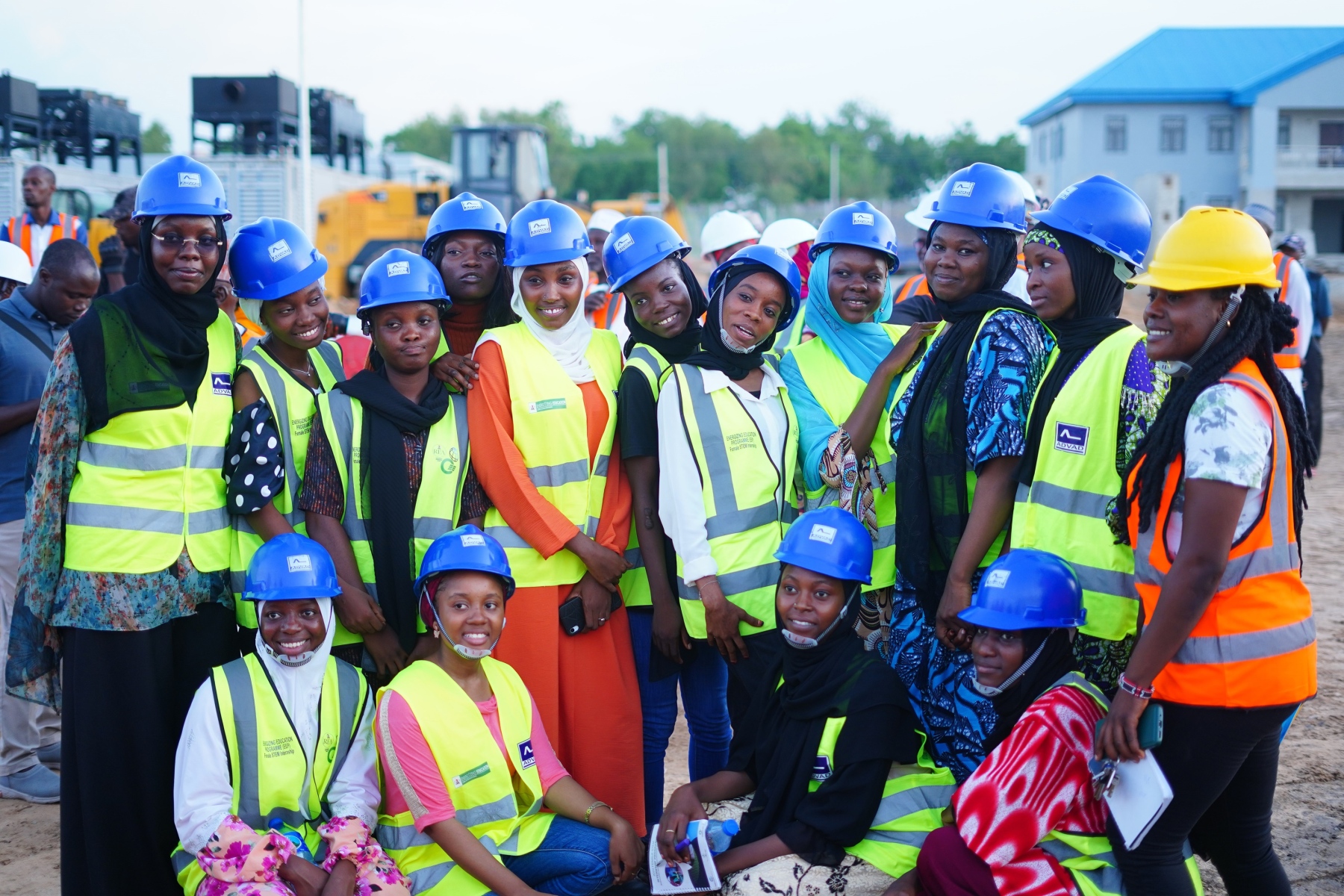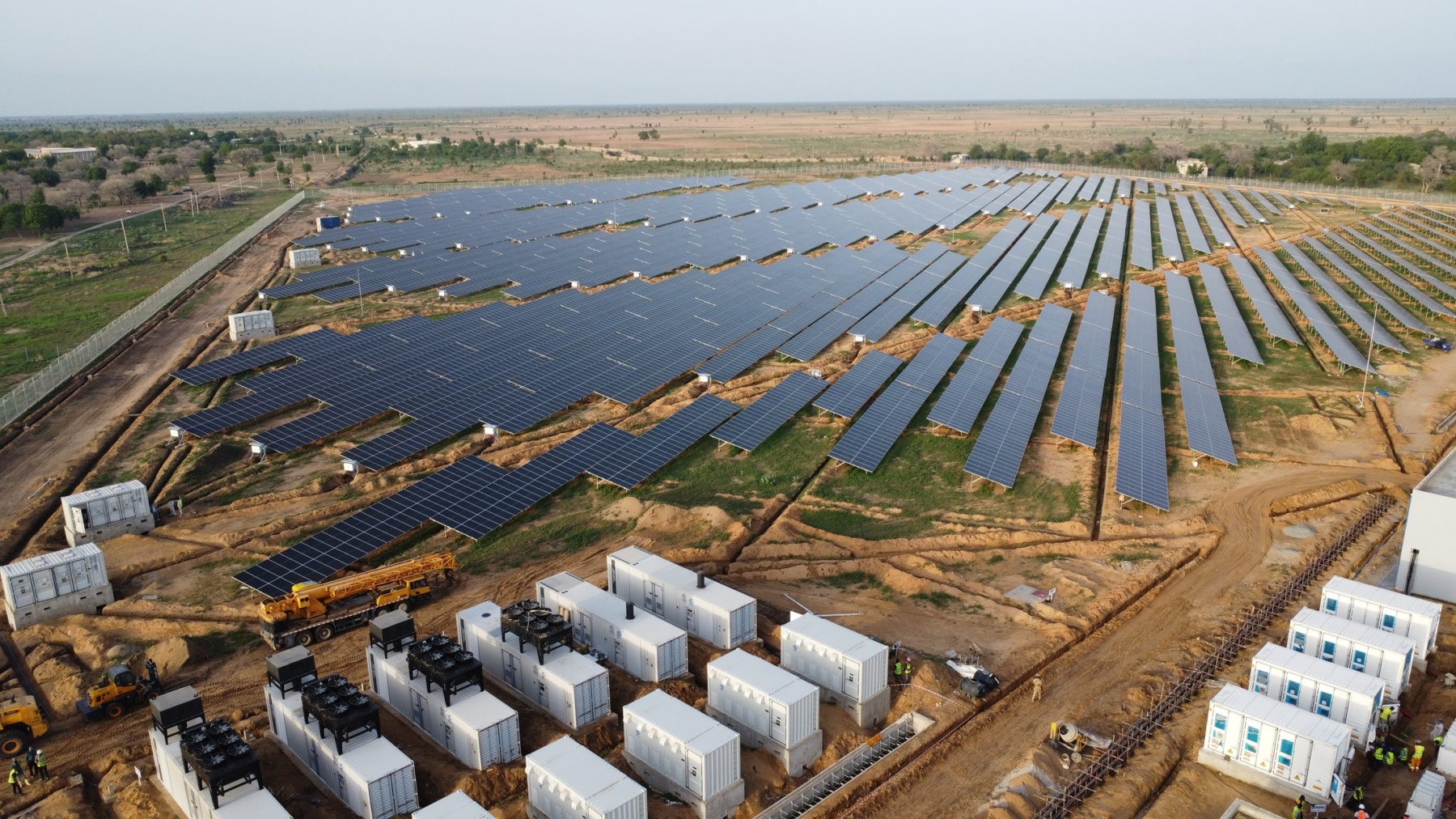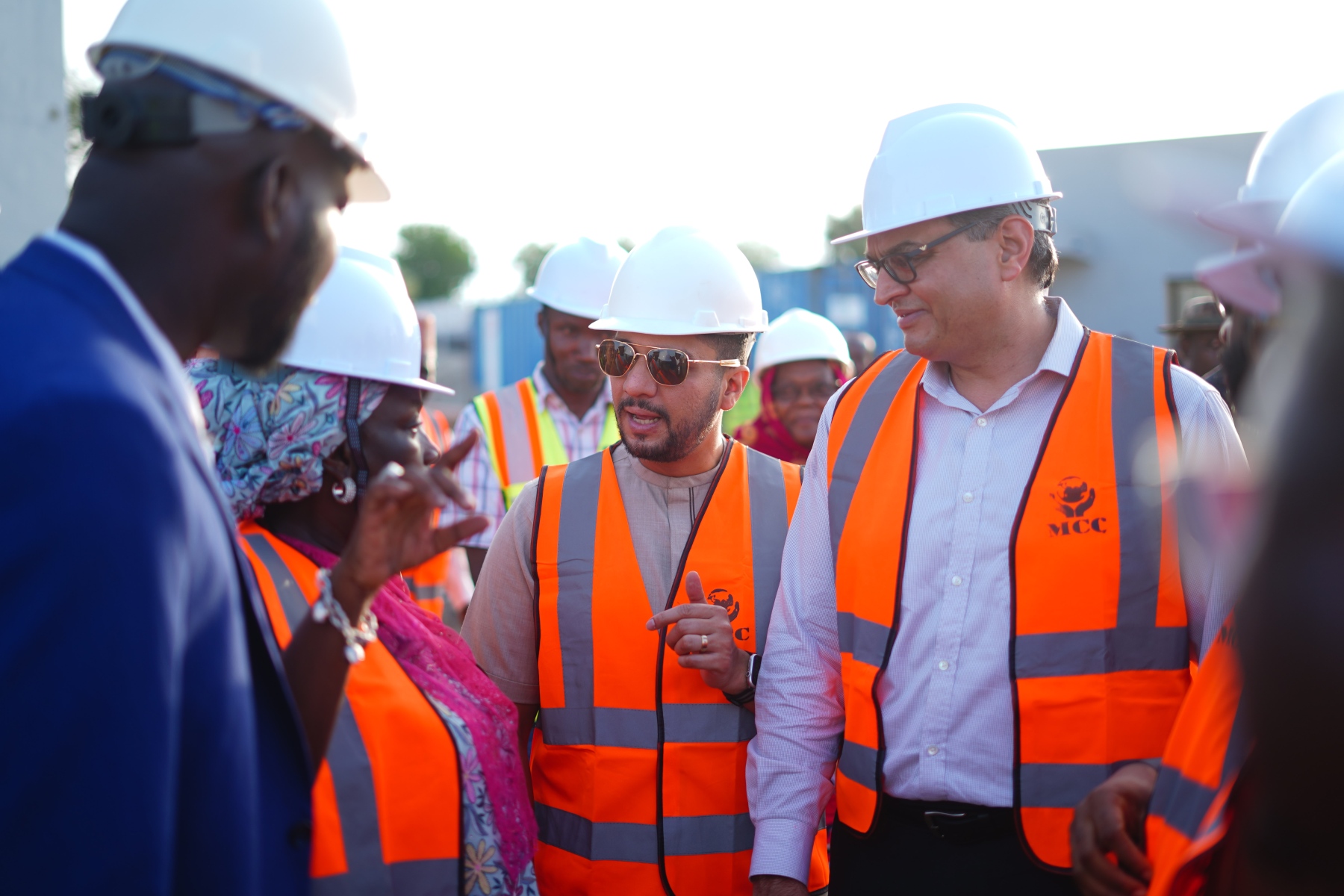REA-WORLD BANK MISSION EXPLORES BENEFITS OF ENERGIZING EDUCATION PROGRAMME AND SEEKS COLLABORATION ON RENEWABLE ENERGY OPPORTUNITIES IN BORNO STATE AHEAD OF D.A.R.E.S. ROLL-OUT
A high-level delegation from the Rural Electrification Agency (REA) and the World Bank Mission today briefed the Executive Governor of Borno State, Professor Babagana Zulum, on the benefits of the Energizing Education Programme (EEP Phase II) deployed at the University of Maiduguri, to which he expressed gratitude to the top management delegation from the Rural Electrification Agency (REA) and the World Bank for prioritising project sites deployed to Borno State.
Professor Zulum, represented by the state’s Deputy Governor, Alhaji
Umar Usman Kadafur, received the delegation at Government House,
Maiduguri. He emphasised the profound impact of renewable energy on
citizens who had previously remained without access to electricity and
highlighted ways the energy supply has alleviated their hardship.
Apparently, the EEP project aligns with the state's commitment to
sustainable energy development and ensuring reliable electricity
supply.
He also underscored the state's policies to reduce carbon emissions,
increase energy access in underserved communities, and foster economic
growth through innovative energy solutions. He assured that the state
government would prioritise the security of these projects and urged
the university to maintain adequate safeguards.
The Deputy Governor also commended REA's Managing Director/CEO, Abba Abubakar Aliyu, and emphasised the importance of sustaining the collaboration between the World Bank and REA.
The REA's Managing Director/CEO, Abba Abubakar Aliyu, remarked on the significance of providing electricity to tertiary institutions. He noted that the second phase of the project, funded by the World Bank, aims to provide 32MW of power, benefiting approximately 300,000 students and impacting over 30,000 staff, including non-academic staff. He highlighted the near completion of the Phase II project, which includes seven universities and two teaching hospitals.
He further stated that this is the World Bank's first visit, and their support has been crucial in making this project a reality. Due to their confidence in the REA's project implementation, the World Bank is providing an additional $750 million for the second phase of the program called the Distributed Access through Renewable Energy Scale-up (DARES) Project.
Mr. Ashish Khanna, World Bank Practice Manager for West Africa, expressed the Bank's commitment to the Energizing Education Programme (EEP) and Nigeria's electrification. He emphasised the project's role in skill-building, job creation, and fostering innovation among students, especially female STEM students.
Olufemi Akinyelure, Head of the Nigeria Electrification Project, stated, "Our mission is to create a sustainable future for Nigeria’s educational institutions. The EEP Phase II underscores our dedication to leveraging renewable energy solutions to drive academic excellence and gender inclusion in STEM fields."
The delegation proceeded to the University of Maiduguri for the site inspection of the solar plant, where they were warmly received by the Vice-Chancellor. During the facility tour, Ashish Khanna, Practice Manager at the World Bank, met with the 20 female STEM students trained under the program, highlighting the EEP's transformative impact.
This visit underscores the REA's dedication to advancing renewable energy solutions with a skilled and empowered workforce.
ABOUT THE RURAL ELECTRIFICATION AGENCY
The Rural Electrification Agency (REA) is the Implementing Agency of
the Federal Government of Nigeria (FGN) under the Federal Ministry of
Power. It is tasked with electrifying unserved and underserved
communities to catalyse economic growth and improve the quality of
life for Nigerians. The Agency was established under part IX, Sections
88-89 of the Electric Power Sector Reform Act (EPSRA), 2005.
The REA is currently implementing the Rural Electrification Fund (REF), Capital Projects, Nigeria Electrification Project (NEP), Solar Power Naija (SPN), Energizing Education Programme (EEP), Energizing Economies Initiative (EEI), Energizing Agriculture Programme (EAP), Energy for All – Mass Rural Electrification and Research and Innovation Hub, Africa Mini-Grids Programme, Derisking Sustainable Off-Grid Lighting Solutions, and the Korean Energy Project.
The Agency is responsible for creating an enabling environment for private sector-led projects, which includes conducting feasibility assessments, energy audits, enumeration, data analysis, identification of qualified private sector developers, and project stakeholder engagements.
ABOUT ENERGIZING EDUCATION PROGRAMME (EEP PHASE II)
The Energizing Education Programme (EEP) is an initiative of the
Federal Government of Nigeria (FGN) implemented by the REA to deliver
dedicated captive solar hybrid power systems to 37 Federal
Universities and 7 University Teaching Hospitals nationwide. Phase I
of the EEP has already been implemented, and Phase II, funded by the
World Bank and nearing completion, will extend these benefits to
additional institutions.
Phase II of the EEP will see the provision of solar hybrid power systems to 7 Federal Universities, namely:
- University of Calabar & Teaching Hospital;
- University of Abuja;
- Nigerian Defence Academy;
- Michael Okpara University of Agriculture, Umudike, Abia state;
- Federal University of Agriculture, Abeokuta;
- Federal University Gashua, Yobe;
- University of Maiduguri, Borno state & Teaching Hospital.
The program includes the installation of streetlights for improved security, the construction of a world-class renewable energy workshop and training center, and the upgrade of existing distribution infrastructure. Furthermore, the REA promotes gender inclusion by training twenty female STEM students from each beneficiary institution in solar PV system design and construction through the EEP STEM Internship Programme.

